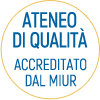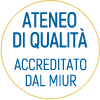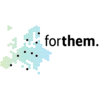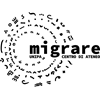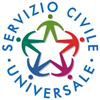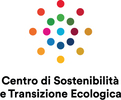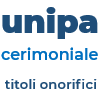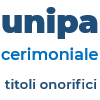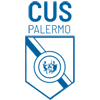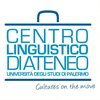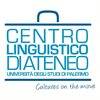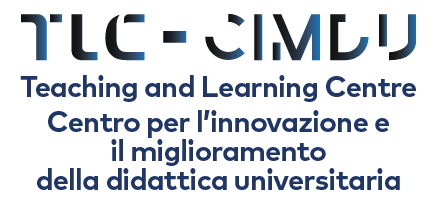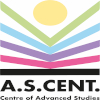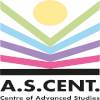History of Philosophy
Scientific aim of the project Ascolta
Some of the most important achievements in contemporary historiography of philosophy have pointed out the necessity, for a proper understanding of the history of Western thought, of a reconstruction of the lines of continuity and of the break points within a single line of thought and among different lines of thought. In order to pursue this aim, a methodology has been worked out for the reconstruction of the genealogy of problems, themes, and concepts based on the analysis of sources and texts – a methodology that has found significant convergences with the hermeneutical tradition, both in its “dialogic”, Gadamerian stream and in the “critical” stream of Adorno and Habermas.
Following these achievements, the members of the workshop already came to reconstruct the genealogy of some central concepts and themes of contemporary debate, from the concept of intentionality in Searle, Husserl, Brentano and Aristotle to a naturalistic and anti-relativistic view of normativity in Searle, Habermas, Husserl, Piaget and Aristotle. Likewise, in ethics and in philosophy of knowledge and epistemology , the genealogy of Adorno’s critical views have been reconstructed in Heraclitus and Nietzsche.
Further genealogical inquiries have led to the reconstruction of the roots of Quine’s naturalized epistemology in American pragmatism and in Modern empiricism, as well as to the reconstruction of the roots of some of the most advanced non reductive views of mind, such as Damasio’s and Searle’s, in Aristotle, Nietzsche and Locke.
Being aware of the unavoidable relationship between theory and history in philosophical research, the workshop aims, therefore, at the application of this genealogical-historical methodology to each one of the fields of research in which it operates, aiming both at overcoming, with new interpretative keys coming from contemporary debate, some of the most persistent historiographical stereotypes and at finding some promising solutions, in the history of Western thought, to some of the central contemporary problems.
Methodology Ascolta
The project will be carried out in a constant dialogue with the academic community seen as a whole, with specific attention devoted to the interdisciplinary nature of research and to its close link with higher-education level teaching, aiming at reconstructing the historical genealogy of specific concepts and problems and the lines of thoughts debating over the themes at issue.
The Workshop of Critical Social Philosophy will organize conferences, seminars and workshops aiming at putting students from every level of the academic community (PhD, MA, BA) and young scholars in dialogue with recognized international experts on the themes at issue, aiming at giving a contribution to the internationalization of research and teaching and at framing the research into networks involved in National and European research projects.
Expected results Ascolta
The project aims at the dissemination of the products of research through publication of Proceedings, research monographs and papers, but it also aims at having a significant impact on academic education through the supervision of dissertations on the research themes at every level of academic education (PhD, MA, BA).




